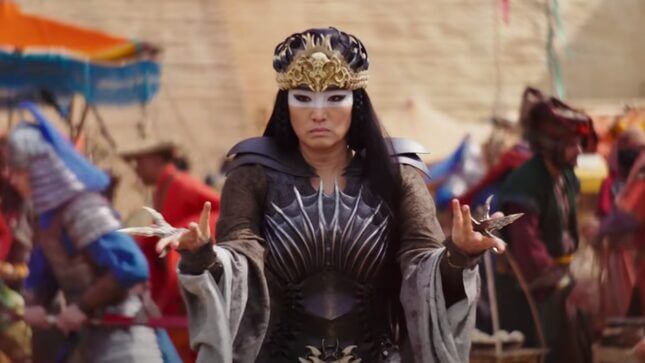Disney's Mulan Reboot Created an Exciting New Character and Did Absolutely Nothing With Her
EntertainmentMovies

In 1998, Disney released the animated film Mulan, a Disney-fied tale of a young girl who risks it all to join the Chinese army in an effort to save her father from dying on the field. It was one of Disney’s better girl-power movies—there was no prince, no clock strike at midnight, no magic. Granted, a statue did come to life and act as Mulan’s guide, but that was ancestral, not magical, two very different signifiers in the Disney canon.
The magic-free aspect of Mulan was one of the things that made it so endearing and which made Mulan the character so aspirational in the ’90s. She did everything on her own and only required a single talking animal friend to aid her in her adventures. The Disney+ reboot of Mulan, which aimed to tell the same story almost frame-for-frame but with a post-MeToo twist (wherein Mulan’s superior officer is not her love interest), decided the best thing to do would be to completely undermine all of the original Mulan’s hard work and bring in a little bippity boppity.
Multiple spoilers ahead.
Thus enters Xian Lang (Gong Li), the witch who aids the nomadic army as it moves to the empirical city to kill the emperor, played by Jet Li. While Xian Lang is written as a villain and does villainous things like wear black and kill soldiers without mercy (or blood), it turns out she’s the real hero of the story, without whom Mulan could not have saved all of China. Again.
-

-

-

-

-

-

-

-

-

-

-

-

-

-

-

-

-

-

-

-

-

-

-

-

-

-

-

-

-

-

-

-

-

-

-

-

-

-

-

-








































